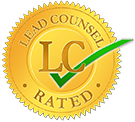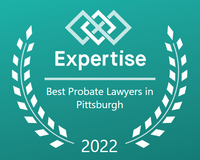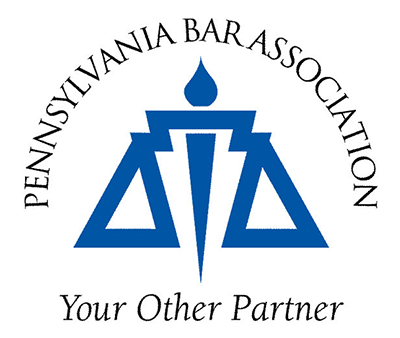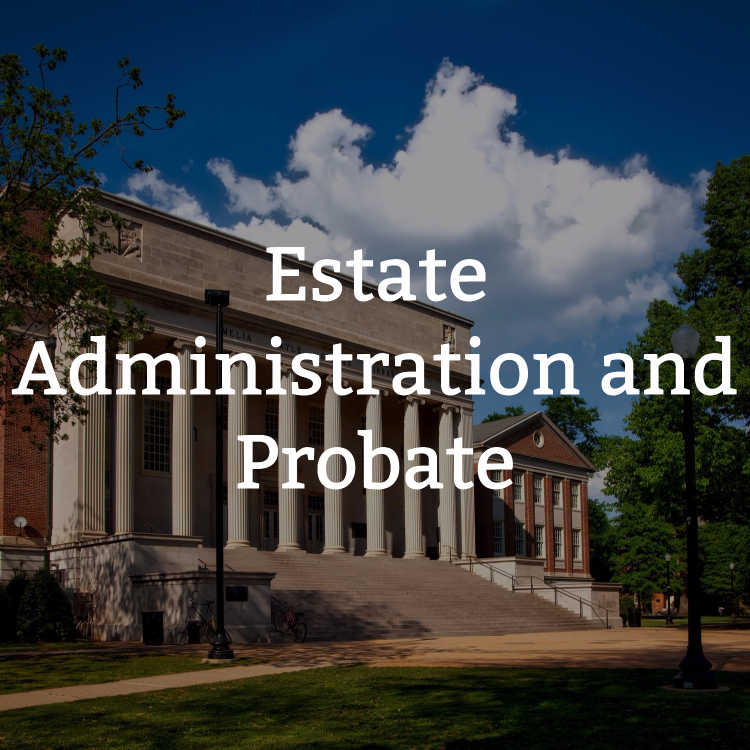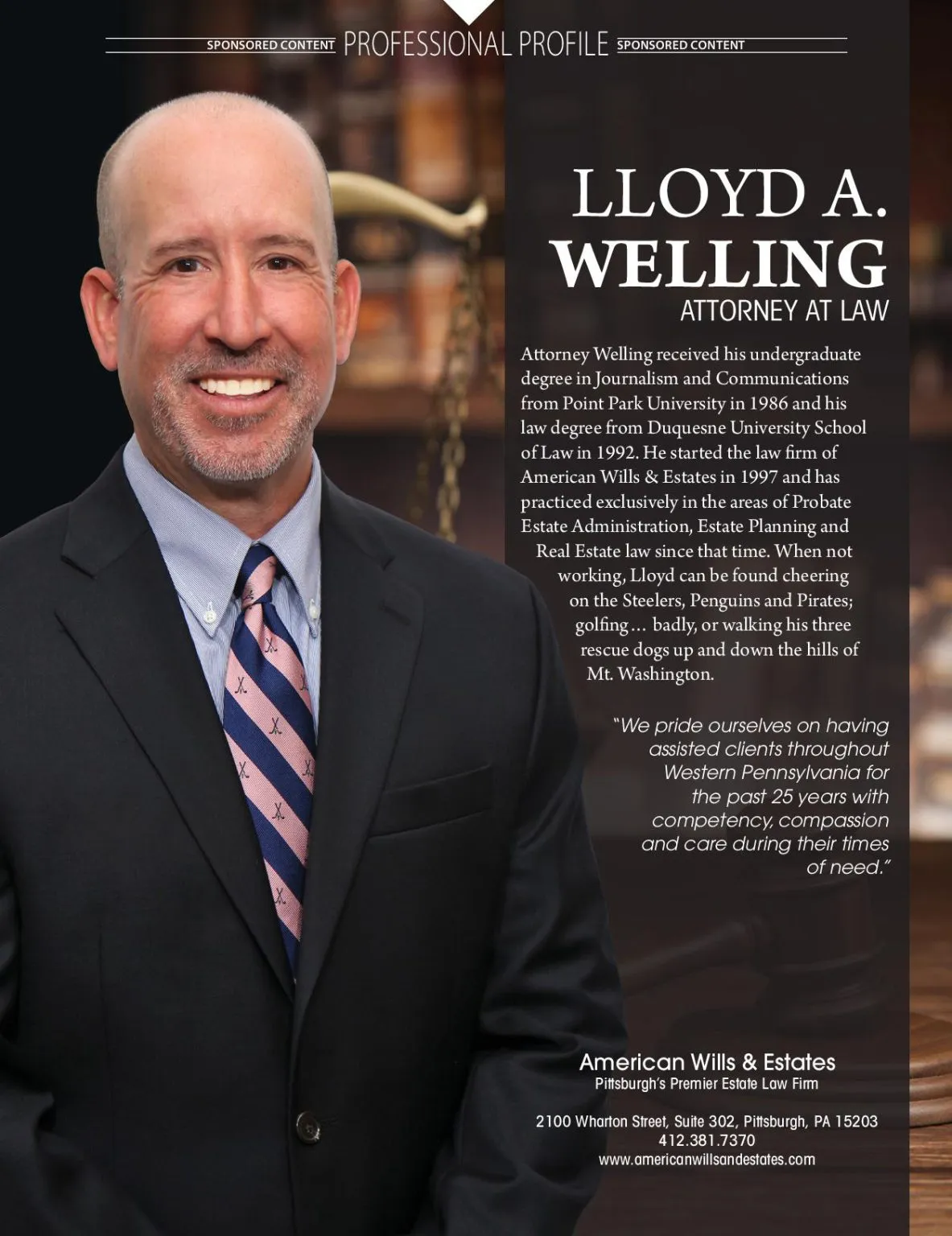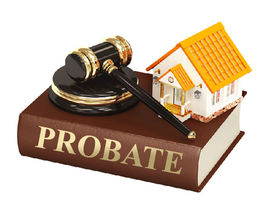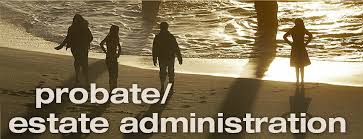Probate is the legal process by which a deceased person’s estate is formally administered by the court. If there is a Will the person appointed is typically called the Executor or Personal Representative and if there is no Will the Administrator. In either case, the person appointed will be in charge of gathering the decedent’s assets, satisfying any creditors of the estate, paying any death or income taxes owed and, ultimately, distributing the estate assets to the heirs.
The laws of every state are different, so it’s typically a good idea to seek out the advice of an experience estate attorney before trying to undertake the probate estate administration process on your own. Despite what you may have seen on television or at the movies, most probate proceedings are generally pretty straightforward and can be handled in an affordable and time efficient manner.
A number of states have implemented alternatives to formal probate proceedings in the case of smaller estates. As such, it’s very important to try to determine what assets are actually in the decedent’s estate and there approximately value may be before simply jumping in and opening an estate. This is another good reason to seek out competent legal advice before simply undertaking the whole process.
Should You Avoid Probate?
According those folks marketing revocable living trusts, probate is always something that should be avoided at all costs. However, the formal estate administration process is rarely the nightmare that these folks typically claim it to be. Likewise, many of your assets are probably already set up and titled in a manner whereby they will already be passing outside of the probate process anyway. Namely, if you have life insurance, a 401k or some other type of retirement or investment account on which you have already designated beneficiaries, then those accounts will already be passing outside of probate and directly to those designated individuals upon your death. What actually triggers probate are only those assets that you own in your name alone at your death and which contain no joint owner or any type of beneficiary designation.
Should You Have a Revocable Living Trust?
It’s true that the property passing under a revocable living trust will “avoid probate,” but that doesn’t necessarily mean there will be any real value in achieving such a result. Namely, even if you have a revocable trust, it is quite likely that your children or heirs are going to end up paying some kind of trust administration fees after your death that will probably be similar to the legal fees and costs they would have paid had your estate passed through probate. Likewise, most states have statutorily regulated legal fees when it comes to probate estate administration process. Many states also offer fast-tracked administrative procedures when it comes to settling smaller estates. Also it’s important to keep in mind that a well drafted Last Will and Testament can often avoid or eliminate altogether some of the steps otherwise required in the probate process. Even if you have a Revocable Living Trust, you’ll still need a simple Will (typically called a Pour-Over Will) as part of your overall estate plan.
American Wills & Estates is a locally founded, owned and operated law firm that has been guiding clients in Pittsburgh and throughout Western Pennsylvania through the estate planning process with competency, compassion and care for over 25 years. We offer the majority of our estate planning services on an extremely affordable flat fee basis. We also have a number of convenient office locations and provide home, hospital, evening and weekend appointments upon request.
So, if you’ve been procrastinating about getting your own estate planning affairs in order, stop. Give us a call today at 412-381-7370 to schedule your free legal consultation or visit our law firm online. You’ll be glad you did!



